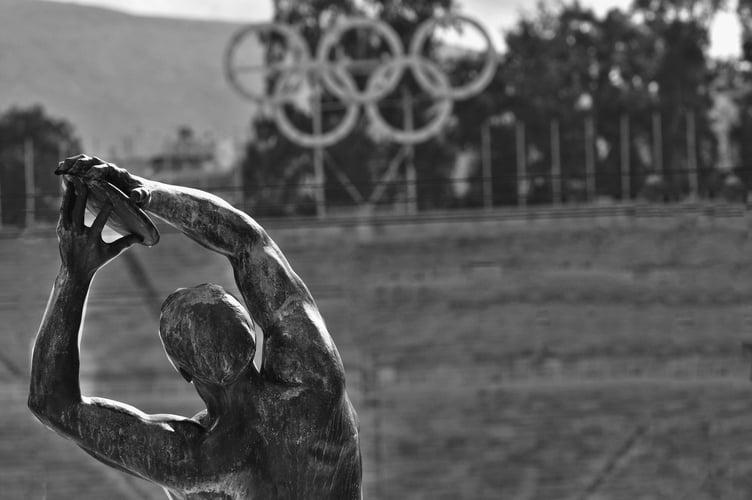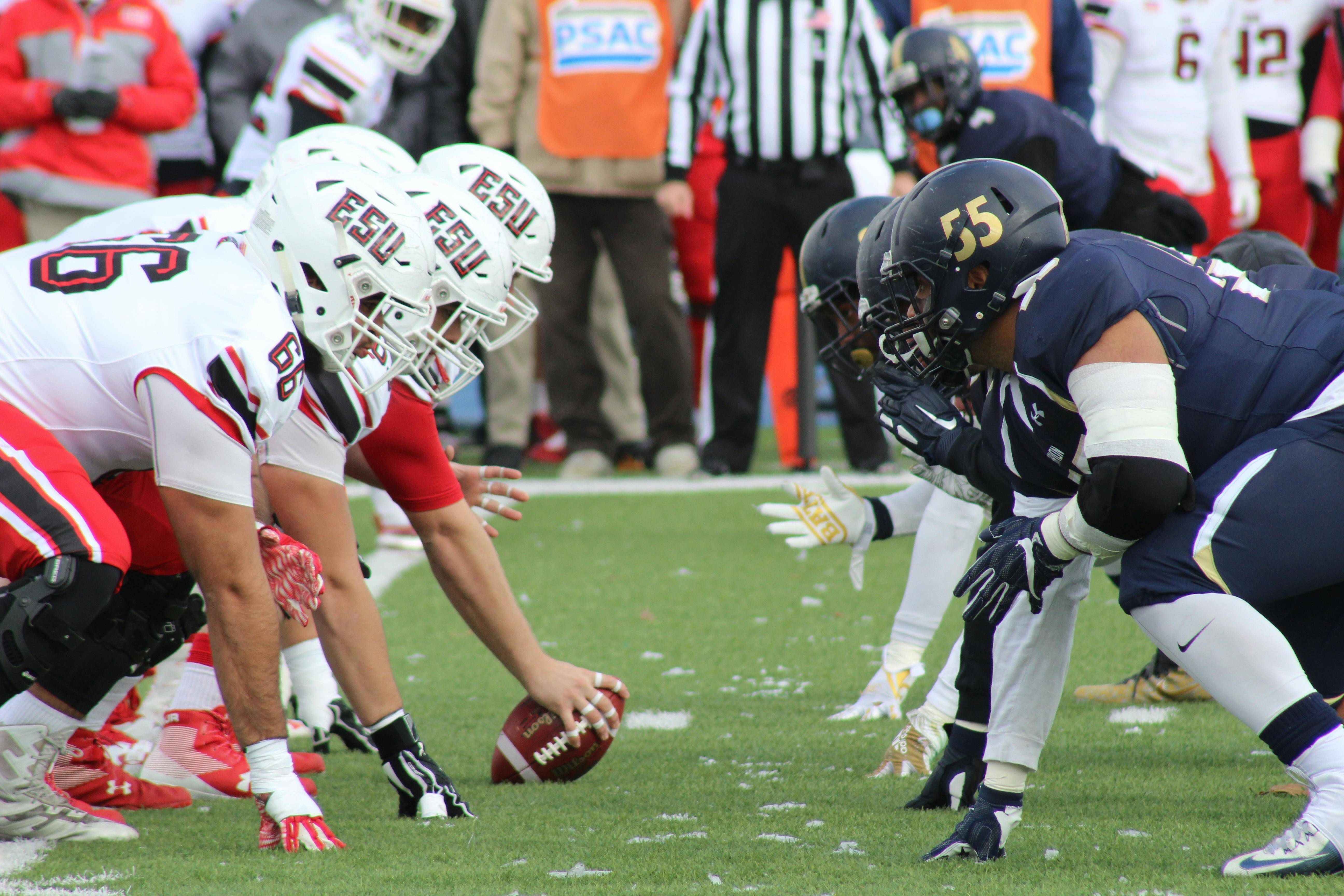Olympic Leadership: What Businesses Can Learn From Elite Teams

By Nick Gold, Managing Director at Speakers Corner
The 2024 Olympics soon kicks off in Paris, where strong leadership, team unity, and individual performance will once again be highlighted on the global sporting stage. And while not all Olympic sports are team games, the importance of coming together as a nation to support one another is always on display among elite athletes.
Leaders across all kinds of businesses and organisations can learn from Olympic leadership and teamwork. Seb Coe, one of the UK’s most prominent former Olympians, discusses how important teamwork was for staging the London 2012 Olympics:
“This is the best example of teamwork that I’ve ever been involved in, and I’ve competed in some of the best, most talented athletics teams in the history of this country.”
Connecting people with a unified vision is the cornerstone of great leadership. But you must also be able to give people autonomy and individual accountability as part of a team. Here are some of the critical lessons sports can teach us about becoming Olympic-level leaders.
Creating a vision that connects staff and stakeholders
Great leaders inspire people to connect with their vision. So whether you want to win gold or become a world-renowned company, you must be transparent about your vision and where you want to be.
For athletes, knowing the end game is essential for achievement. It’s all about mental and physical preparation. Buying into the vision and becoming part of a team helps athletes take ownership of their training and performance, so they can reach elite levels.
The current workforce is curious. We’re all interested in our roles and responsibilities, and we’re eager to learn and be informed. Questioning visions and values is part of the process of getting the total commitment from your team. And even if they don’t buy into your vision 100%, they’ll still own their roles more than if they can’t see it. As leaders, we must show our teams the benefits of what they’re doing.
Creating a star team, not a star player
“I believe there’s a championship team of 25 people that we can afford. Because everyone else in baseball undervalues them. Like an island of misfit toys.”
— Moneyball, 2011
Most of us aren’t elite performers who encompass every skill a business needs. That’s why we hire the best people we can get. But this can be expensive, and in many cases, it’s not necessary. Instead of undervaluing their existing teams, great leaders find a way to get the best from the people they have and fill the gaps efficiently.
Recent research from Speakers Corner shows that 30% of business leaders prioritise hiring people with soft skills, while 32% seek out those with specific technical skills and industry knowledge. Just 35% consider these of equal importance when hiring. And while your perfect employee may have all the soft and hard skills your business needs, you might not be able to offer them what they want.
Instead of finding a single perfect employee, focus on building a cohesive, high-performing team. Recruit those who complement your existing workforce, buy into your vision, and bring the skills your team is missing.
The importance of autonomy within teams
Ultimately, we all want to feel in control of our own destiny, and that we’re responsible for our own successes. Athletes who decide not to train one day must understand the impact of making that decision. So, building high-performing teams isn’t possible without giving individuals ownership over their responsibilities.
Team members at all levels must feel like they matter - that their work contributes to a larger purpose. This helps people invest themselves emotionally in their work, enhancing buy-in, enthusiasm, and performance — whether in sport, business, or any other sector. That means each person must have valuable individual responsibilities that contribute to your vision. Without this, it’s much harder to create genuine team spirit and success.
Developing personal drivers for the greater good
One of the fascinating things about elite sports is that often, athletes aren’t motivated by money. Take the Ryder Cup: 12 top golfers come together as a team to represent their region without getting paid (directly, at least). Approaching it with this team mindset means that it’s anyone’s game — even if individual players aren’t as good as those on the opposing team, it’s possible to do well and even win.
In sport and business, you have individuals who want success — but they must be part of a team to achieve it. Even in individual Olympic events, you ride the wave of your team and piggyback on others’ successes.
We all have our unique, personal motivations. As leaders, we must respect that and avoid ignoring or shutting down those drivers, even if they’re not directly linked with your own organisation’s success. Instead, by allowing people to retain their individuality, improve their skills, and become part of a unified team, you can help people develop the ability and attitude to help your business succeed.




